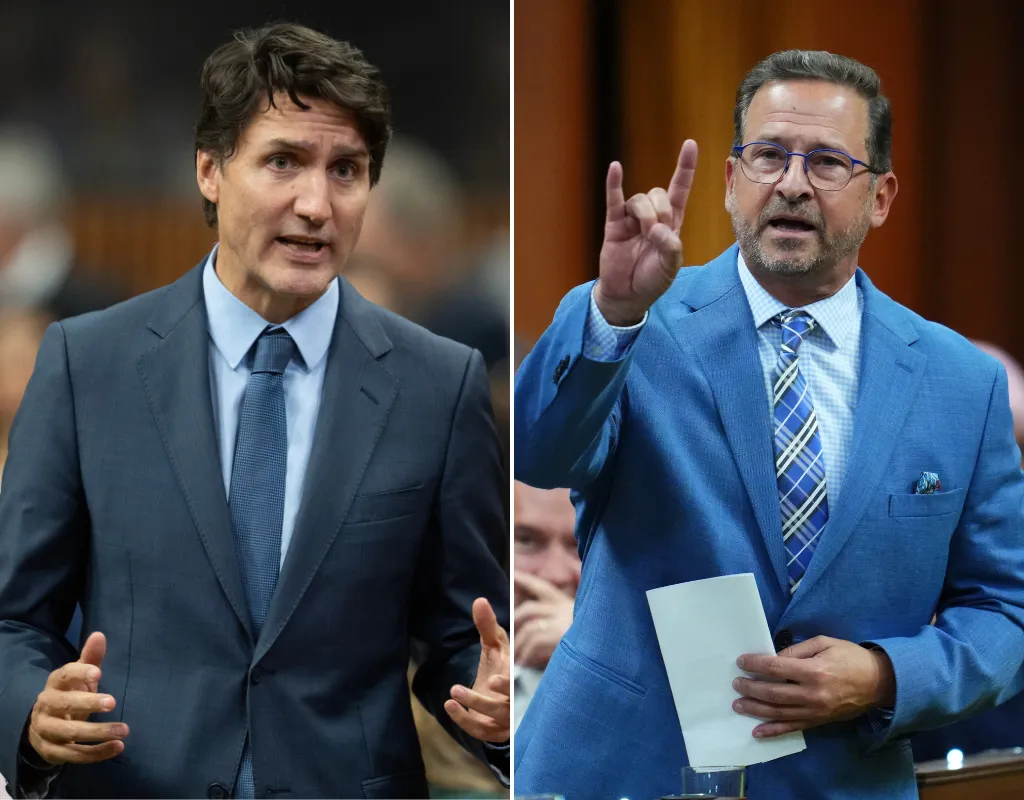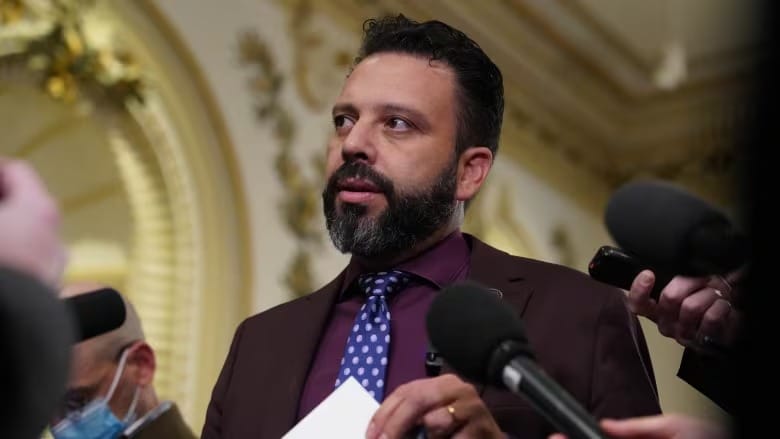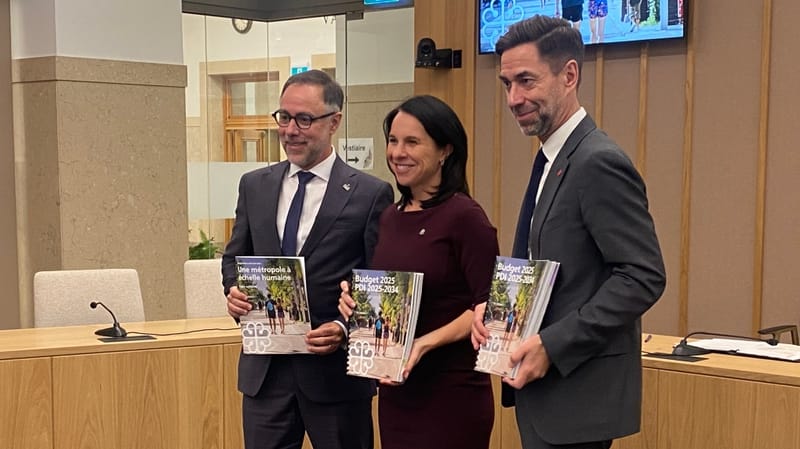Liberal political strategy at odds with Bloc demands for old age security bill
If the government doesn’t support the bill by then, Bloc Leader Yves-François Blanchet says he will enter talks with other parties to bring down the Liberal minority government before the new year.

The government has just weeks to decide whether to meet the Bloc Québécois's $16-billion demand to delay an election for a few more months, but this requirement may conflict with the Liberals' political and fiscal strategies.
Over the past year, the Liberals have been working to shape their political approach around the feelings of injustice among millennials and Generation Z Canadians, who believe their efforts aren’t yielding the same rewards as for earlier generations.
Prime Minister Justin Trudeau has been promoting policies aimed at achieving “fairness for every generation,” but the Bloc has given him until October 29 to approve funding for its private member’s bill that seeks to increase old age security for seniors under 75.
If the government does not support the bill by that date, Bloc Leader Yves-François Blanchet has stated he will engage in discussions with other parties to potentially bring down the Liberal minority government before the new year.
“I don’t see clearly what the political upside is for the Trudeau Liberals to spend more on seniors,” remarked Andrew Perez, a Liberal strategist at Perez Strategies, noting that seniors appear to be the only demographic with which the Liberals still hold some competitiveness.
According to polls, younger voters who propelled Trudeau’s popularity in 2015 have shifted their support toward Conservative Leader Pierre Poilievre.
“Liberals historically are always ahead of Conservatives among younger generations. So it’s quite an anathema to the Liberal brand; it’s quite shocking to see these numbers,” he stated.
Tyler Meredith, the former lead economic adviser for Trudeau and two finance ministers and a founding partner of the policy advising firm Meredith Boessenkool & Phillips, suggested that it would be challenging for any party to oppose increased funding for seniors in the House of Commons.
“The challenge is in the implementation and the cost,” he added.
In 2022, the Liberal government raised old age security payments for individuals over 75, aiming to assist the most vulnerable seniors.
The parliamentary budget officer has estimated that extending old age security to those under 75 would result in an additional $16 billion in costs over five years.
For the Liberals, this would mean another $16 billion in deficit spending. Incorporating this into the budget, alongside funds for housing and other pressing issues ahead of the next election, would be a significant challenge, according to Meredith.
“I’m not sure that it is necessarily intergenerationally unfair. I’m just saying I’m not sure it’s the most effective use of money,” he said.
Last year, Finance Minister Chrystia Freeland committed to new fiscal guardrails designed to limit spending and deficits, responding to increasing pressure to ensure federal expenditures do not impede the Bank of Canada’s ability to manage inflation.
“When it comes to further support for seniors, we are having good conversations about all possible economic measures with both the Bloc and the NDP,” Freeland remarked last week.
Seniors' benefits represent a substantial cost for the federal government and have grown significantly over the past year as the population ages; in 2022, Ottawa spent nearly $70 billion on old age security payments, the guaranteed income supplement, and spousal allowance.
The Bloc has contended that the decision to increase old age security payments solely for those 75 and older is discriminatory.
However, Laval University economics professor Stephen Gordon disagrees, arguing that older seniors typically have greater needs.
“People who are older than 75 are much less likely to be able to work if they need to increase their income,” Gordon explained, adding that older seniors often have exhausted their savings.
He noted that, among the federal government’s priorities, increasing funds for seniors is likely not at the top of the list, especially since seniors generally experience lower poverty rates than other age groups.
“Think of all the other priorities: housing, education, health — my God, health. This is like very, very low in the priorities, and federal government finances are getting more and more dodgy,” Gordon said.
Statistics Canada reported that the poverty rate for those aged 65 and older was 6% in 2022, which is lower than the national poverty rate of 9.9%.
The Liberals have limited time to consider their options. In addition to the Bloc’s deadline, they must present a fall economic statement outlining their spending plans and economic outlook before the end of the year.
In the meantime, the House of Commons is expected to vote on more confidence motions that could potentially lead to the government being toppled in the coming weeks.





